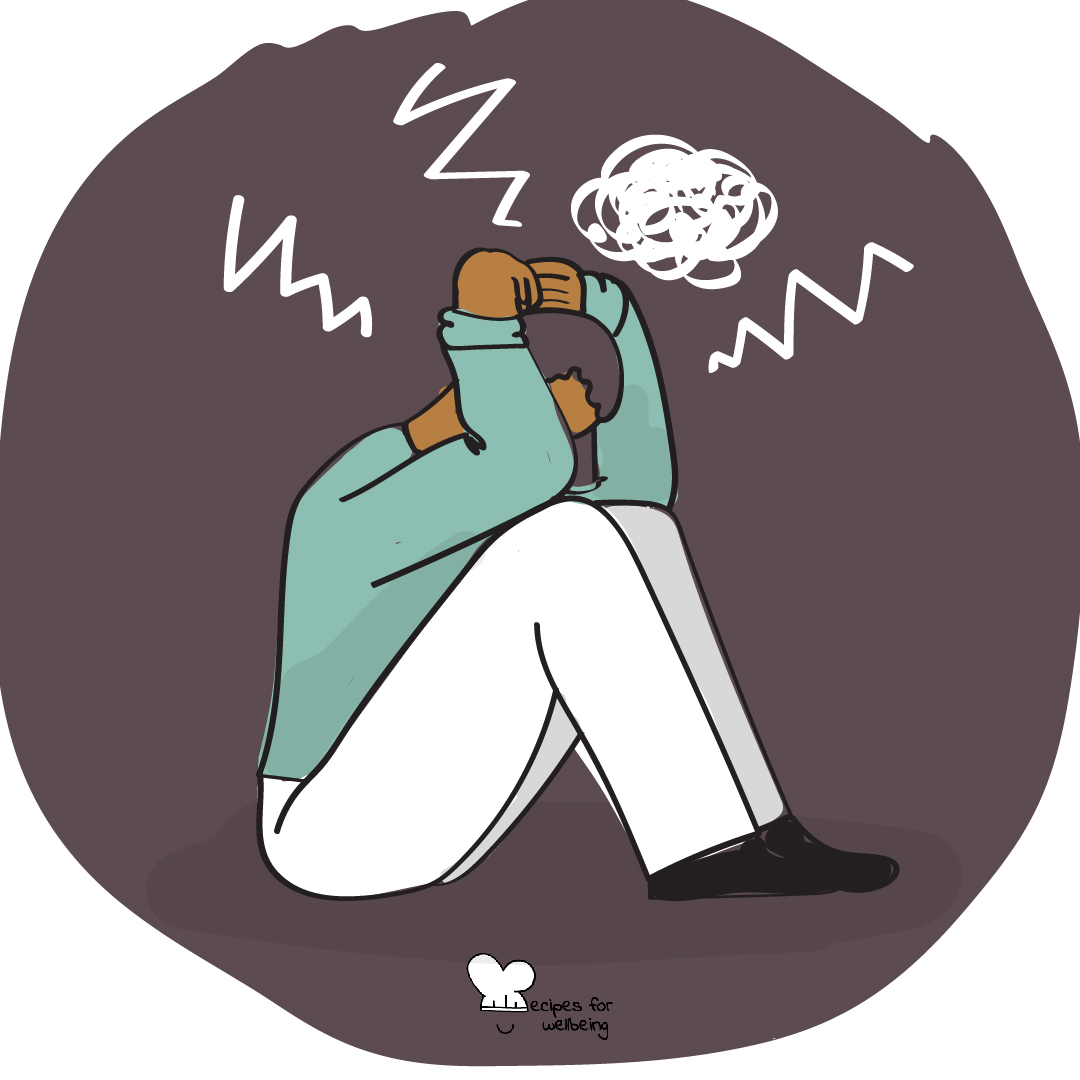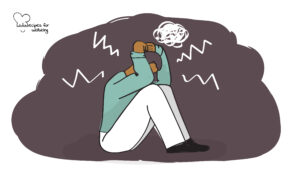
A way out of stress: mindfulness

A way out of stress: mindfulness
Let’s admit it: it’s been a rather odd start to the new year and new decade, with the dark shadow of the novel coronavirus, COVID-19, expanding all across the globe. At the time of publishing this blog post, there have been over 119,000 people infected in over 110 countries, with unfortunately over 4,200 victims (check out this interactive map put together by Johns Hopkins CSSE to stay up-to-date). My country and my people haven’t been spared either. In fact, Italy is currently dealing with Europe’s biggest outbreak of COVID-19 and the wounds caused by the virus will take years to heal. And I’m not referring only to “physical” wounds here – though it is obvious that the virus is affecting the physical health of many people, for some in a fatal way. Nor am I talking about the “economic” wounds which will most likely see my country and many others slide back into recession. These wounds are very vivid but they are not the focus of this particular piece.
In fact, as I wrote in a short post “Wellbeing in the time of COVID-19”, “[i]n addition to the risks the virus poses to people’s physical health, there are other implications for people’s mental and emotional wellbeing.” I am experiencing some of these implications on my own skin, like the uncertainty about how the situation will unfold. Basically overnight, all schools and universities closed down in my region, all events got cancelled, all my work gigs got postponed. For instance, I had to cancel an important training that I was supposed to facilitate and the process of assessing the risks, deciding to postpone the training, and now dealing with the consequences of the cancellation, has been extremely stressful and draining. The other day I even found myself staring into the mirror because I was sure that such a stressful situation might actually give me my first grey hair (spoiler: it hasn’t, or I haven’t found it!).
Add to this uncertainty the general public’s hysteria that led people to stock up on food, face-masks (nowhere to be found), and hand-sanitiser gels (also nowhere to be found). And if we expand our circle of compassion and empathy and we imagine how the people who have been placed under quarantine, or live in cities that are in lockdown, or have lost a loved one must feel… the lack of freedom, the boredom, the frustration, the sadness, the anger… as I wrote in the aforementioned blog post, “these are only a few of the many complex and difficult feelings and emotions people affected by COVID-19 are experiencing all around the world.”
All in all, we are living in an extremely fragile and volatile situation which has increased people’s levels of stress. COVID-19 has in a way “forced me” to choose a different frame that I had anticipated for this blog post, but it hasn’t changed the focus on mindfulness as a powerful tool to cope with stressful situations in our lives. It is Mindful March after all! And coronavirus aside, most of us experience stress in some form every now and then, which may be caused by a poor night’s sleep, rush-hour traffic, an argument with a colleague, etc. However, if sustained over long periods of time without a break, stress can affect our productivity and morale, but also our mental and physical wellbeing.
So, what is mindfulness and does it really help us cope with stress? As I described it in a previous blog post for The Wellbeing Project titled “Mindfulness”, “[i]n a nutshell, mindfulness is about being present in the here and the now, observing all that is happening within and around us with an attitude of curiosity which is neither critical nor judgmental.” And yes, it presents numerous benefits to our wellbeing, including “better control of emotions, decreased rumination (dwelling on negative thoughts), improved working memory, better self-awareness, improved awareness of thoughts, reduced depression and anxiety, reduced physical illness, decreased emotional reactivity, more flexible thinking, increased positive emotion, and decreased negative emotion” (Bridget Grenville-Cleave, Introducing Positive Psychology: A Practical Guide).
That’s why I have chosen the following recipe – “Managing Stress” – for this first blog post in March on mindfulness. This is a short mindfulness meditation practice focused on deep breathing that helps you connect to your body so that you may learn ways to cope with stress in life. You can do this practice by yourself or with other people, in which case, we suggest one person guides the group through the guidelines. May you come back to this practice to strengthen your resilience against stress and to spread a sense of calmness and groundedness in all your interactions with others.
You can access the full guidelines here. The next blog post will present you with another recipe to cultivate mindfulness and awareness in your team. This blog post was originally written by Greta Rossi for tbd* – click here to view the original post.

